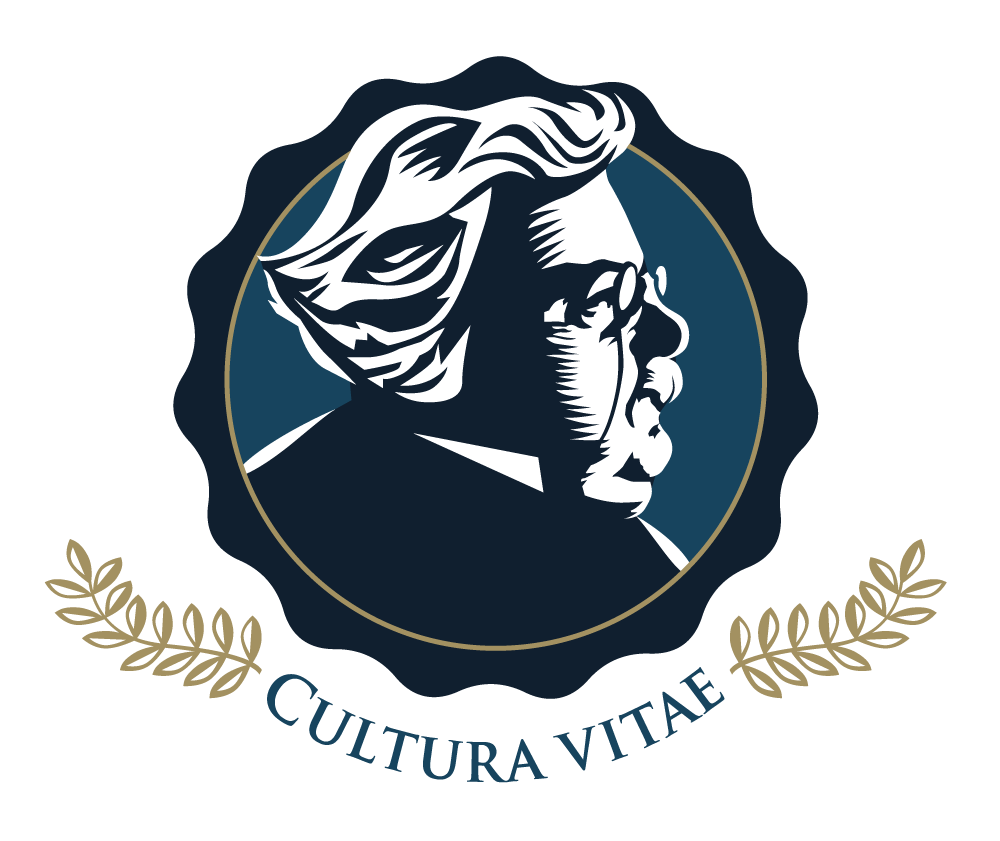Literature 09 - Ancient Literature
The literature of ancient Greece and Rome has so captivated and formed the minds of Western man that it is impossible to imagine Western Civilization without it. In this course, students are introduced to the perennial questions of the human condition through the works of Homer, Virgil, and Greek dramatists. Questions of honor, virtue, love, longing, and happiness are put forward as students are challenged to enter the conversation in the search for truth. In this Socratic method style course, students learn how to interact with ideas different from their own, distinguish between opinion and proof, and analyze texts according to sound logical principles. Ultimately, this course teaches students that the works that remain most relevant are also those that speak most deeply to our human condition.
Literature 10 - Medieval Literature
Often forgotten by many other curricula, this course dives deep into Early Medieval literature, which illustrates the great Christian synthesis between Mediterranean and Northern European culture. In this course, students are exposed to the progression of Christian culture through provoking narratives. In this Socratic Method style course, students dive into Beowulf, The Confessions of St. Augustine, Le Morte d’Arthur, The Canterbury Tales, and The Ballad of the White Horse, which lead to discussions about our human frailty, the path towards conversion and redemption, and our place in this world. Whether battling against seemingly insurmountable obstacles or exploring the deepest depths of the human heart, this course is sure to thrill as it provides fresh insights in the condition of man and the nature of God. Throughout the year, students will also analyze, discuss, and memorize between 5-10 poems, giving them further ways of understanding the world and man’s relationship with God.
Literature 11- High Middle Ages to Renaissance Literature
Literature 12 - Modern Literature
High Middle Ages and Renaissance literature include some of the richest and most illuminating works of Western civilization. These writings take their rightful place in the organic development of Western literature and represent a period in human history where faith and daily life were beautifully integrated. Beginning with Dante’s Divine Comedy, which has been described as a cathedral in words, students are led through the beautifully intricate and insightful works of William Shakespeare, Robert Bolt, and Miguel de Cervantes. Great masterpieces in themselves, these works explore countless themes such as the realization of sin, the nature of God’s mercy, and mankind’s’ longing for the Truth and union with God. These great works have an enduring value as reflective of man’s pursuit for God.
Modern literature chronicles the emergence of a post Christian world. This world was born in the humanism and skepticism that emerged during the Renaissance and grew through periods of revolution and turmoil. Therefore, it is not surprising that the works studied in this course such as Frankenstein, Faust, 1984, and Brothers Karamazov wrestle with themes of dystopia, science and religion, class structure, and the disharmony of faith and reason. Literature in this period portrays a culture in turmoil, but it also witnesses to man’s longing for something greater than himself. The works studied in this course are a testament to the fact that regardless of how far west ray or how convoluted our ideas about the world become, we cannot escape something deep with in us that yearns for what is True, Good, and Beautiful. In the final analysis, modern literature teaches us that no matter how hard modern man tries he cannot deny his creator without denying himself.
